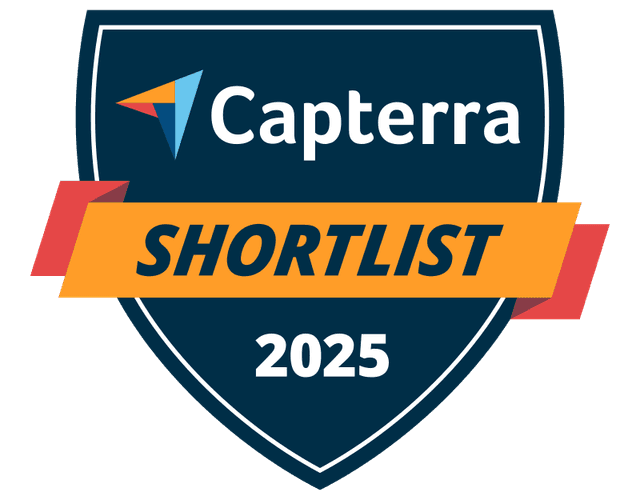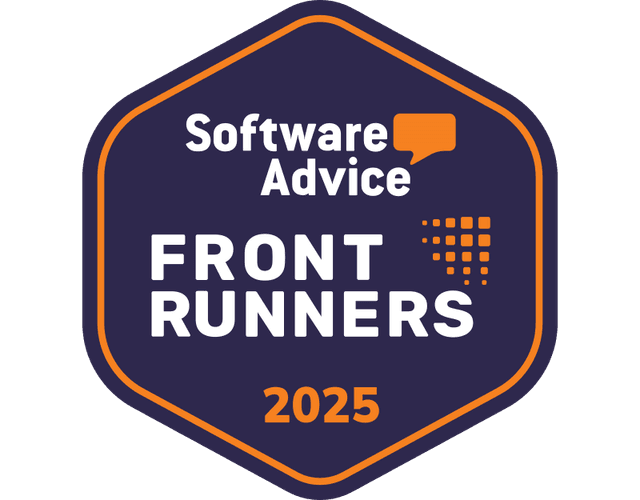The proliferation of various waste management software has disrupted domestic and international trade. Businesses have to keep up with corporate commitments, including environmental performance, as the global market becomes more and more concerned about sustainability. Holistically managing waste—from inception to disposal—should be one of your company’s top priorities, and different types of waste management software can help achieve that.
What is Waste Management Software?
Waste management software is a digital platform used by compliance officers or environmental, health, safety, and quality managers to manage different types of wastes. Implementing waste management system software can help businesses monitor and minimize their wastes while reducing avoidable costs, complying with industry standards, and improving operational efficiency.
Different Types
Waste management software comes in various kinds, depending on the scope of work and industry, among other factors. Essentially, there are 3 different types of waste management software based on the general categories of the waste being generated:
1. Industrial Waste
An industrial waste management software is designed to properly manage huge amounts of industrial waste such as chemicals, ashes, and effluent. Since industrial waste is mostly generated by production processes, industrial waste management software is often used in the manufacturing, agriculture, mining, and energy sectors. Waste management safety is also a major concern in these industries.
2. Commercial Waste
A commercial waste management software is specifically built to meet the needs of businesses in implementing their waste management programs. Commercial waste is simply defined as any type of waste generated by companies of all sizes, including but not limited to, paper, food leftovers, and product packaging. This type of waste management software is commonly used in retail, hospitality, and transport industries.
3. Municipal Solid Waste
A municipal solid waste management software is primarily used to control the generation, collection, storage, transfer, transport, processing, and disposal of municipal solid waste (MSW), also widely referred to as trash or garbage. Local government agencies and waste management contractors usually operate a solid waste management software. Moreover, it’s arguably the broadest type of waste management software because it encompasses a vast array of everyday wastes, especially coming from households.
Choosing the Right One that Works for You
Determining the best waste management software involves being able to clearly understand and consistently follow through on company goals, among other factors. For example, if your business aims for cost-effective operations, productivity, organizational growth, sustainability, and brand building, then you’d most likely consider investing in a platform with specific features that helps improve environmental performance in your context.
To meet (or even exceed) business needs, your choice of waste management software should at least enable your company to move beyond regulatory compliance, implement actionable performance monitoring; and streamline record-keeping practices. See if SafetyCulture can be a fit for you today— book a free demo now !












